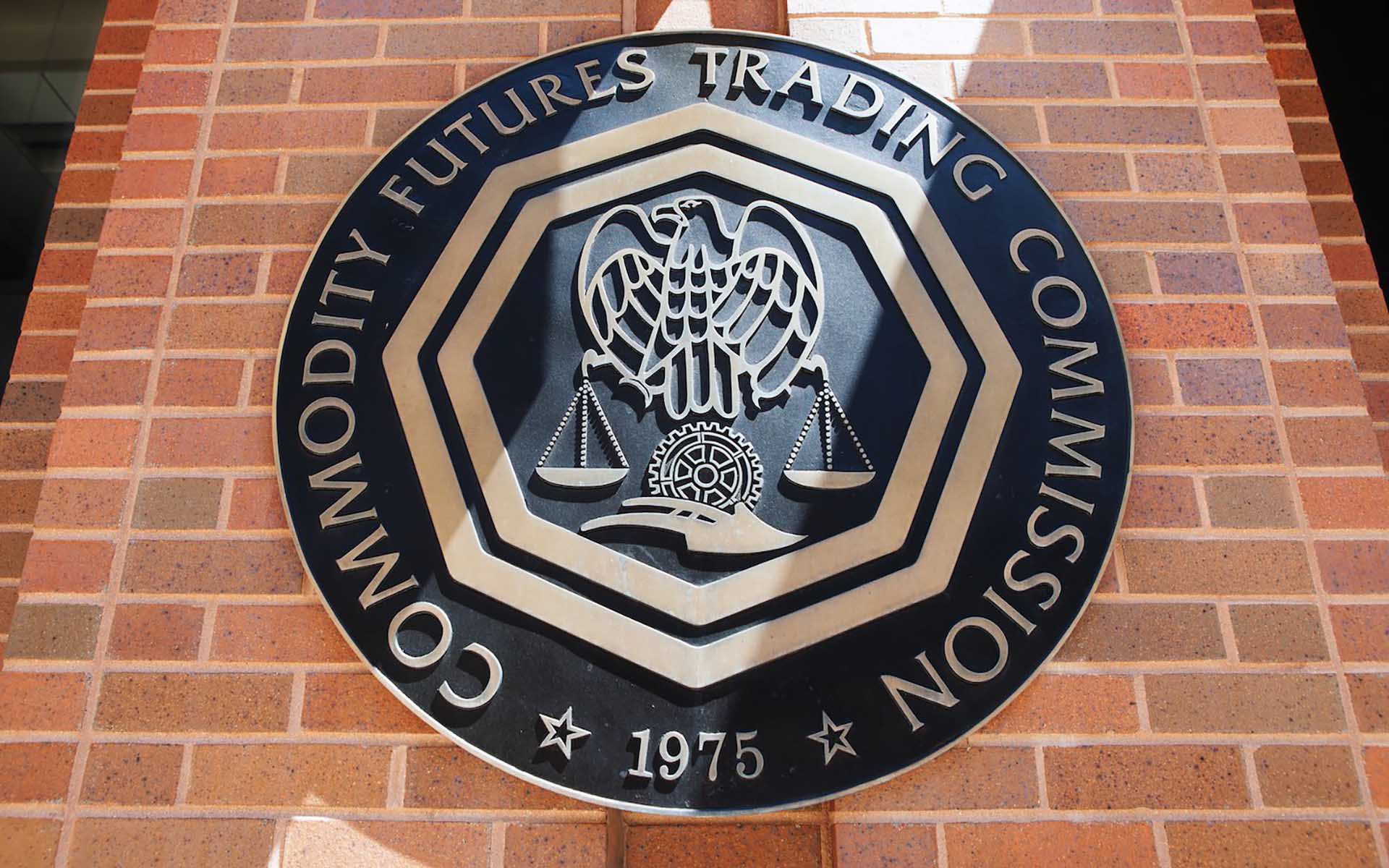CFTC Recovers $18 Million from Crypto Pyramid Scheme
05.09.2024 10:30 1 min. read Alexander Stefanov
The U.S. Commodity Futures Trading Commission (CFTC) has managed to recover $18 million in cryptocurrency connected to a fraudulent commodity pool scheme.
The scheme, run by Sam Ikkurty from Oregon, involved a fake “crypto hedge fund” that deceived investors. Ikkurty promised substantial profits but his fund’s value plummeted by nearly 99% within months—a fact he kept hidden.
The CFTC found that Ikkurty’s investments in high-risk digital assets contradicted his claims of expertise, which he had exaggerated. His actual experience was limited to losing his personal Bitcoin in a hack.
U.S. District Court Judge Mary Rowland has ruled that Ikkurty and his associates must pay $209 million, which includes around $84 million for restitution to victims, $37 million in restitution of illicit gains, and $110 million in civil penalties. Additionally, Ikkurty faces over $14 million in criminal contempt fines.
CFTC Enforcement Director Ian McGinley criticized the scheme, noting that despite being marketed as advanced crypto investments, it was essentially a classic pyramid scheme.
-
1
SEC Charges Georgia-based First Liberty and Owner in $140 Million Ponzi Scheme
12.07.2025 17:00 2 min. read -
2
Ex-NCA Officer Jailed for Stealing 50 BTC From Dark Web Criminal
17.07.2025 20:00 3 min. read -
3
Crypto Platform Suffers $12 Million Exploit Across Multiple Blockchain Networks
24.07.2025 20:23 2 min. read -
4
CoinDCX Suffers $44M Breach, Customer Funds Remain Secure
20.07.2025 10:00 1 min. read -
5
Justice Department Ends Kraken’s Co-founder Probe, Returns Seized Devices
23.07.2025 11:00 1 min. read
Two Upcoming Decisions Could Shake Crypto Markets This Week
The final days of July could bring critical developments that reshape investor sentiment and influence the next leg of the crypto market’s trend.
Winklevoss Slams JPMorgan for Blocking Gemini’s Banking Access
Tyler Winklevoss, co-founder of crypto exchange Gemini, has accused JPMorgan of retaliating against the platform by freezing its effort to restore banking services.
Robert Kiyosaki Warns: ETFs Aren’t The Real Thing
Renowned author and financial educator Robert Kiyosaki has issued a word of caution to everyday investors relying too heavily on exchange-traded funds (ETFs).
Bitwise CIO: The Four-Year Crypto Cycle is Breaking Down
The classic four-year crypto market cycle—long driven by Bitcoin halvings and boom-bust investor behavior—is losing relevance, according to Bitwise CIO Matt Hougan.
-
1
SEC Charges Georgia-based First Liberty and Owner in $140 Million Ponzi Scheme
12.07.2025 17:00 2 min. read -
2
Ex-NCA Officer Jailed for Stealing 50 BTC From Dark Web Criminal
17.07.2025 20:00 3 min. read -
3
Crypto Platform Suffers $12 Million Exploit Across Multiple Blockchain Networks
24.07.2025 20:23 2 min. read -
4
CoinDCX Suffers $44M Breach, Customer Funds Remain Secure
20.07.2025 10:00 1 min. read -
5
Justice Department Ends Kraken’s Co-founder Probe, Returns Seized Devices
23.07.2025 11:00 1 min. read

